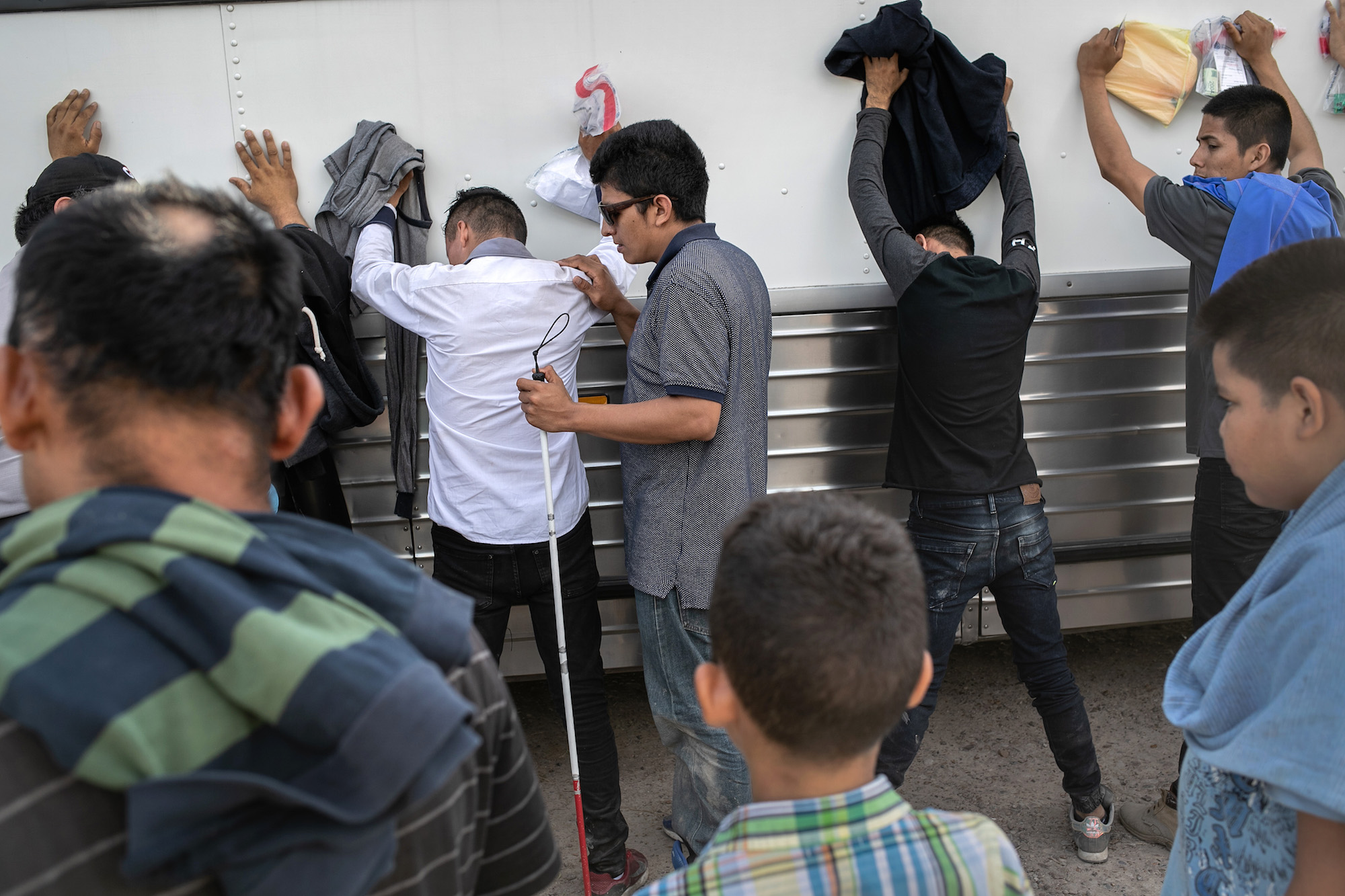
Deported to horror: The fate of at least 138 Salvadorans deported from the U.S.
A new report released by Human Rights Watch begins to fill in the gap of what can happen when immigrants escaping danger are turned away.
Between 2014 and 2018, the U.S. only recognized 18.2% of the asylum cases requested by Salvadorans coming into the country. In that same time frame about 111,000 Salvadorans were deported from the U.S.
These are stats recently released by Human Rights Watch, an international nongovernmental organization that conducts research and advocacy on human rights.
The stats were part of a more in-depth study, released Feb. 5 that dove into the sometimes deadly consequences Salvadoran immigrants face when they’re deported back to El Salvador from the U.S.
According to the report, at least 138 Salvadoran migrants were killed between 2013 and 2019 after being deported from the U.S.
Data was gathered through analysis of crime and news reports from El Salvador and interviews with victims’ families and friends, both in El Salvador and the U.S.
It paints a picture often flipped on its head by President Trump whenever he publicly discusses migrants coming from south of the border.
He’s characterized them as murderers and rapists, but mostly, immigrants from Central America — especially El Salvador — are leaving the murderers and rapists in their countries and running for their lives.
El Salvador is a small country about the size of Massachusetts with a population of approximately 6.3 million people, but unfortunately boasts the highest murder rate in the world (61.8 per 100,000 people).
It’s due to gangs like MS-13 and 18th street that rule large swaths of the country. The HRW report found that gangs have a presence in 247 of El Salvador’s 268 municipalities.
RELATED CONTENT
In some areas, they often take the place of a nonexistent or corrupt local police force for residents, but they also engage in drug and human trafficking, intimidation and extortion.
All of the victims detailed in the report were fleeing to the U.S. out of fear for their lives, either escaping gang life or debts, or threats from the local authorities.
Some deaths occurred on the same day of their return to the country, others were killed within weeks or months. There was also a large amount that made it a couple years back in El Salvador before being found and killed.
HRW also concluded that their number of 138 deaths was likely lower than the actual amount of deportees to be killed after returning to El Salvador.
As for the U.S. Salvadoran population, the HRW report found 1.2 million living in the U.S., who aren’t citizens, and just under a quarter of that amount are lawful permanent residents.
That means three quarters are undocumented or hold “temporary or precarious legal status” as the report states.
Large numbers of Salvadorans are protected under Temporary Protected Status (TPS) and DACA, but the Trump administration’s constant attacks on the legislation leave many in a constant state of fear.
The administration decided to end TPS in Jan. 2020, but due to court order, extended work authorization until 2021. DACA remains within the administration’s crosshairs.










LEAVE A COMMENT: